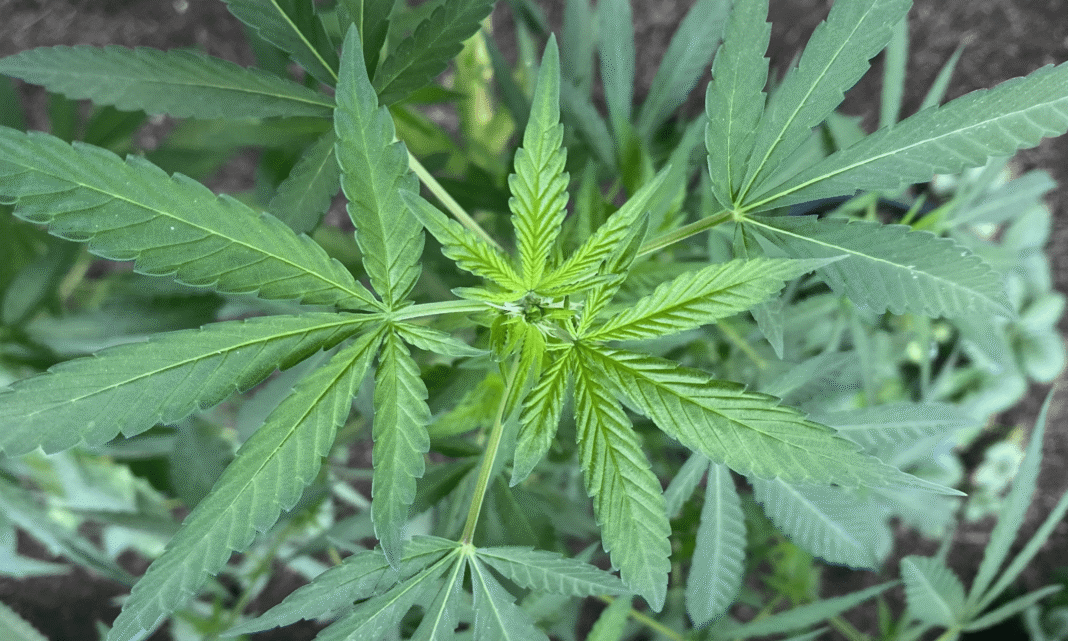There’s a “strong negative association” between tobacco use and legal medical marijuana sales, according to a new international study—indicating a “strong potential substitution effect” where people choose to use cannabis where it is allowed instead of smoking cigarettes.
Based on data collected from 20 different countries, the study also concluded that medical marijuana sales are “negatively related” to amphetamine consumption, suggesting “substitution dynamics.”
They also found that the researchers concluded that an “well-regulated [medical cannabis, or MC] Markets can provide sustained economic benefit, highlighting the importance of comprehensive legal frameworks that include licensing, production standards and access paths.
As MC became more widely available, a segment of tobacco users may have reduced their use.
In countries that have legalized medical cannabis, there has been a “consistent growth trajectory”, with sales of MC increasing by 26.06 tonnes per year on average. The researchers found that after excluding the U.S. (which they called a “major outlier” in terms of market size), there was a “slightly lower average effect,” which still supports market growth.
Authors from Germany and Lebanon warned that, due to the “ecological nature” of their study, they should interpret the findings as associations at the population-level rather than causal effects on individuals.
This paper says that the study “… highlights the economic significance of legalizing cannabis in terms of expanding regulated market and reshaping consumers’ behavior.” This study adds empirical evidence to the debates about legalization, economics, and public health by providing data on market dynamics.
A new scientific study funded by the federal government found that heavy drinkers who use marijuana have lower alcohol consumption and fewer cravings.
Scientists at the University of Sydney conducted a study in which they investigated the idea that cannabidiol, a non-intoxicating substance, could help to mitigate drinking problems. The research, published in the journal British Journal of Pharmacology with funding from the Australian National Health and Medical Research Council, found that “CBD represents a promising candidate to reduce voluntary alcohol consumption.”
According to a federally funded study published in the journal Nature earlier this year, CBD has potential to treat alcohol use disorder by reducing withdrawal symptoms and lowering the risk of relapse while also providing neuroprotective effects. They noted that the results “underline CBD’s therapeutic potential for alcohol use disorders (AUD)” and provided mechanistic insight into its action.
This also comes at a time when younger Americans are increasingly using cannabis-infused beverages as a substitute for alcohol—with one in three millennials and Gen Z workers choosing THC drinks over booze for after-work activities like happy hours, according to a new poll of 1,000 young professionals.




